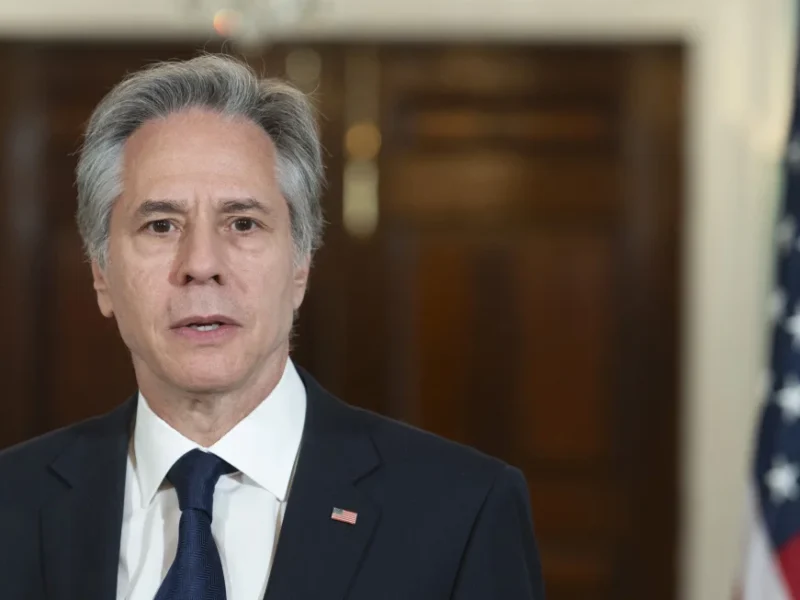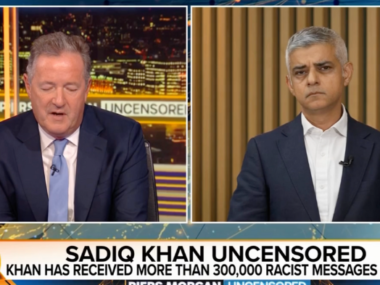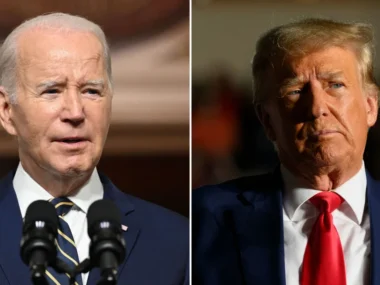Secretary of State Antony Blinken is scheduled to travel to China next week as part of the Biden administration’s efforts to maintain stability in the US-China relationship, despite expressing significant concerns about China’s support for Russia.
This will be Blinken’s second visit to China as the top US diplomat. His previous visit occurred last year, aiming to improve relations after a period of heightened tension, particularly following an incident involving an American fighter plane and a Chinese surveillance balloon over sensitive US military areas.
President Joe Biden recently had a phone conversation with Xi Jinping, their first since their face-to-face summit in November.
A senior State Department official noted that the bilateral relationship has improved since last year’s low point. Blinken’s upcoming visit, scheduled for April 24-26, will involve meetings with senior Chinese officials in Shanghai and Beijing.
The official outlined three main objectives for Blinken’s trip: addressing key issues, expressing concerns directly on various bilateral, regional, and global matters, and managing competition responsibly.
Blinken plans to emphasize concerns regarding China’s support for Russia’s defense industry, human rights violations, and unfair trade practices. Discussions will also touch on the Middle East situation, including urging China to encourage restraint from Iran amid tensions with Israel.
Regarding the Indo-Pacific region, topics such as China’s actions in the South China Sea, North Korea’s behavior, and the importance of peace in the Taiwan Strait will be on the agenda.
During Blinken’s previous visit to China in June, he met with top officials, including President Xi Jinping, aiming to reopen communication channels to prevent conflict between the two powerful nations.
In a subsequent meeting with Chinese diplomat Wang Yi in July, discussions covered various global issues, including conflicts in Gaza and Ukraine, as well as ongoing tensions over Taiwan, South China Sea provocations, and human rights abuses.











